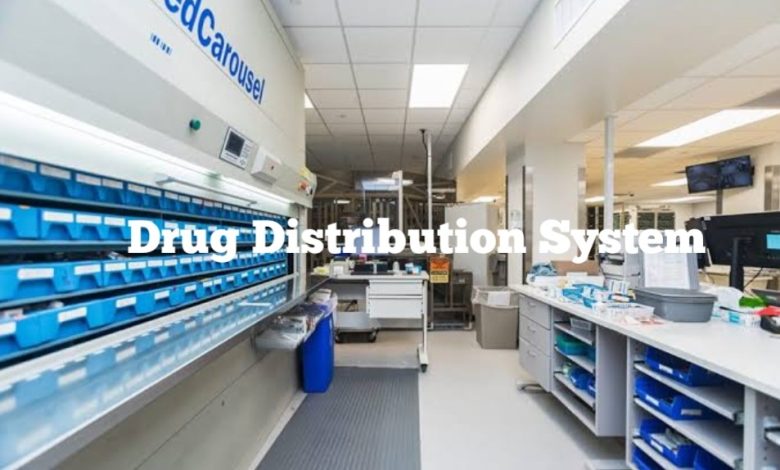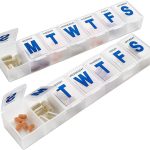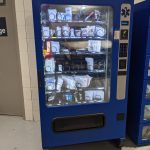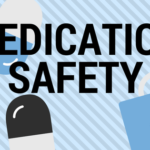Drug Distribution System In Hospital Pharmacy

Hospital pharmacies play a vital role in the healthcare industry, providing medications and medical supplies to patients within the hospital and outpatient settings. The drug distribution system in hospital pharmacies is a complex process that involves various stages, including medication procurement, storage, dispensing, and administration.
The success of this system is crucial in ensuring patient safety, improving healthcare outcomes, and reducing healthcare costs. In this article, we will discuss the drug distribution system in hospital pharmacies, its different components, and the challenges associated with it.
Drug Procurement
Drug procurement refers to the process of acquiring medications from various sources to meet the needs of patients in the hospital. Hospital pharmacies usually obtain drugs from wholesalers, manufacturers, or other hospitals. The procurement process involves several steps, including identifying the drugs needed, selecting a supplier, placing orders, and managing inventory. Hospital pharmacists are responsible for ensuring that the medications purchased are safe, effective, and affordable. They also need to ensure that the drugs are delivered on time and that the correct quantities are received.
Drug Storage
Drug storage is a critical component of the drug distribution system in hospital pharmacies. Medications must be stored in a way that maintains their potency and effectiveness while minimizing the risk of contamination or degradation. Hospital pharmacies typically use automated storage systems to manage their inventory, ensure medication safety, and streamline the distribution process. The storage systems use barcoding and radiofrequency identification (RFID) technology to track medication usage and expiration dates. They also help reduce errors by alerting pharmacy staff when medications are close to expiration or when inventory levels are low.
Drug Dispensing
Drug dispensing is the process of preparing and delivering medications to patients. Hospital pharmacies have several dispensing models, including the unit-dose, the modified unit-dose, the unit-of-use, and the floor-stock system. The unit-dose system involves the preparation of individual doses of medications, which are dispensed to patients at specific times. The modified unit-dose system involves the preparation of larger quantities of medication in unit-dose packaging, which are then stored and dispensed as needed. The unit-of-use system involves the use of pre-packaged medication in individual doses, which are dispensed directly to patients. The floor-stock system involves the storage of bulk medication on hospital floors for immediate use.
Medication Administration
Medication administration is the process of giving medications to patients. Hospital pharmacists work closely with other healthcare professionals, such as nurses and physicians, to ensure that medications are administered correctly and safely. They also provide patient education to ensure that patients understand how to take their medications correctly and the potential side effects associated with them. Hospital pharmacies use electronic health record (EHR) systems to document medication administration and to ensure that patients receive the correct medications at the appropriate dosages and times.
Challenges in the Drug Distribution System
The drug distribution system in hospital pharmacies is a complex process that involves multiple stages, each with its challenges. One of the primary challenges is medication errors, which can occur at any stage of the distribution process, from procurement to administration. Medication errors can result from miscommunication, inadequate staff training, inadequate medication storage, and dispensing errors. Medication errors can have severe consequences for patients, including adverse reactions, increased hospital stays, and even death.
Another challenge is the increasing cost of medications. Hospital pharmacies must balance the need for affordable medications with the need for high-quality medications that are effective and safe. The cost of medications has been steadily increasing over the years, making it difficult for hospitals to manage their budgets effectively. Hospital pharmacists must work closely with other healthcare professionals to find cost-effective medications that meet the needs of their patients.
The shortage of medications is another significant challenge faced by hospital pharmacies. Shortages can occur for various reasons, including manufacturing problems, natural disasters, and global pandemics. Shortages can result in delays in patient care, medication errors, and increased healthcare costs. Hospital pharmacies must have effective strategies in place to manage medication shortages and ensure that patients receive the medications they need.
Another challenge is the increasing demand for specialty medications. Specialty medications are used to treat complex and chronic conditions, such as cancer, HIV/AIDS, and multiple sclerosis. These medications are typically expensive and require special handling and storage. Hospital pharmacies must have the infrastructure and resources to manage these medications effectively, including specialized storage systems and trained staff.
Finally, the increasing use of technology in healthcare presents both opportunities and challenges for hospital pharmacies. Technology, such as EHR systems and automated medication dispensing systems, can help improve patient safety, reduce medication errors, and streamline the medication distribution process. However, the adoption of technology can also be expensive, and staff must be adequately trained to use it effectively.
Conclusion
The drug distribution system in hospital pharmacies is a complex process that requires careful management and attention to detail. Hospital pharmacists play a vital role in ensuring that medications are safe, effective, and affordable. They work closely with other healthcare professionals to manage medication procurement, storage, dispensing, and administration. Challenges in the drug distribution system include medication errors, increasing medication costs, medication shortages, the increasing demand for specialty medications, and the increasing use of technology in healthcare. Hospital pharmacies must have effective strategies in place to manage these challenges and ensure that patients receive the medications they need safely and effectively.





